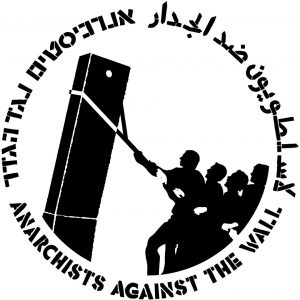 GET THE READING HERE: ZINE OR SCREEN, CAMAS BOOKS’ FREE BOX, or EMMA’S FREE LIBRARIES AROUND TOWN.
GET THE READING HERE: ZINE OR SCREEN, CAMAS BOOKS’ FREE BOX, or EMMA’S FREE LIBRARIES AROUND TOWN.
Facilitators should note the Facilitation Guide.
In collaboration with Dykes Nation, we will be reading Chapter 1: Rent is the Crisis ahead of time, from Tracy Rosenthal and Leonardo Vilchis’ Abolish Rent: How Tenants Can End the Housing Crisis (2024) as a primer for the movie The Battle of Tuntenhaus (1991) by Juliet Bashore, which we will be watching together at Camas.
Abolish Rent is from two co-founders of the largest tenants union in the “United States,” and is a deeply reported account of the resurgent tenant movement centres poor and working-class people who are fighting back, staying put, and remaking the city in the process.
The Battle of Tuntenhaus is a documentary film following the inhabitants of the Tuntenhaus, (“house of queers”) a gay and drag queen squat on Mainzer Strasse in East Berlin. The film takes place during the Automon movement.
As always, we meet at Camas Books, 2620 Quadra Street, on Lekwungen Territory. Our meeting is Sunday June 22nd@ 6:30PM.
—
PS: Our friends at the Anarchist Network of “Vancouver Island” have put together a list of anarchist and adjacent projects on the territory. If you are looking to involve yourself in anarchist activism, look at their trifold! Particularly, Food not Bombs serves free vegan food for revolution every Sunday 4-6PM at Spirit “Centennial” Square and have been facing increasing harassment tied to the gentrification of the Square. Come show up to eat! They also need help from volunteers.

 This week, we are reading Chapter Six, titled, “Homeland: Anarchy and Joint Struggle in Palestine/Israel” by Uri Gordon.
This week, we are reading Chapter Six, titled, “Homeland: Anarchy and Joint Struggle in Palestine/Israel” by Uri Gordon.